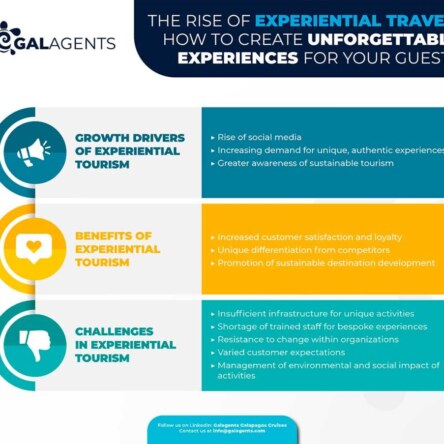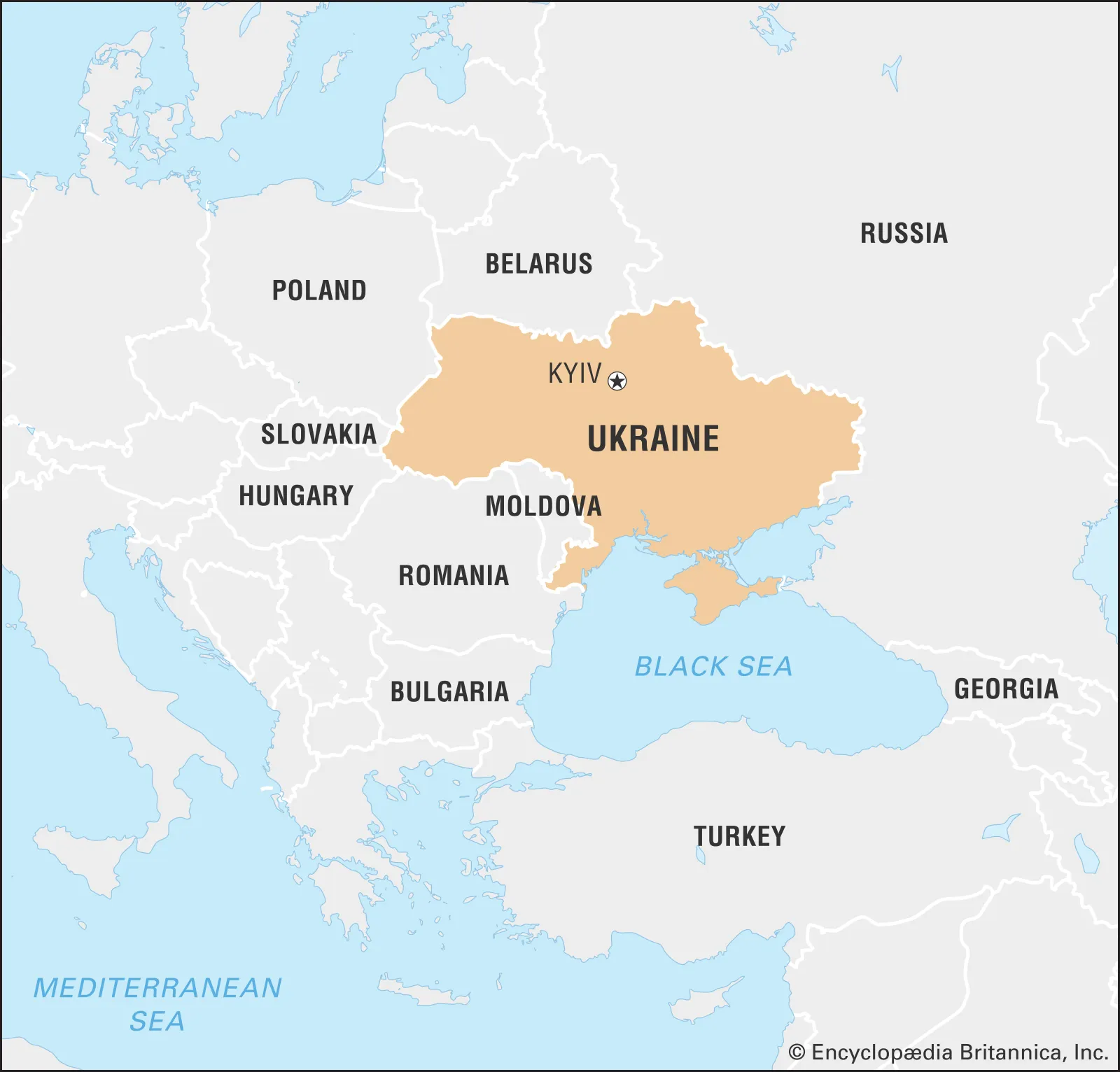What are the benefits of crop rotation in sustainable farming?
The capital of Bihar is Patna. It is located on the southern bank of the Ganges River and is one of the oldest continuously inhabited cities in the world.
The capital of Bihar is Patna. It is located on the southern bank of the Ganges River and is one of the oldest continuously inhabited cities in the world.
See less












The meaning of Crop rotation is the practice of growing different crops in a specific order on the same land over multiple seasons. The goal of crop rotation is to maintain the soil's productivity by preventing it from being used for only one set of nutrients. Crop rotation can have many benefits, iRead more
The meaning of Crop rotation is the practice of growing different crops in a specific order on the same land over multiple seasons. The goal of crop rotation is to maintain the soil’s productivity by preventing it from being used for only one set of nutrients.
See lessCrop rotation can have many benefits, including:
Soil health: Improves soil structure, fertility, and organic matter
Pest and disease control: Breaks the life cycle of pests and diseases, reducing the need for chemical pesticides
Weed growth: Reduces weed growth
Crop yield: Increases crop yield
Labor efficiency: Distributes labor more evenly throughout the seasons
A simple rotation might involve two or three crops, while a complex rotation might include a dozen or more. For example, a farmer might plant beans after harvesting corn because corn uses a lot of nitrogen and beans return nitrogen to the soil.